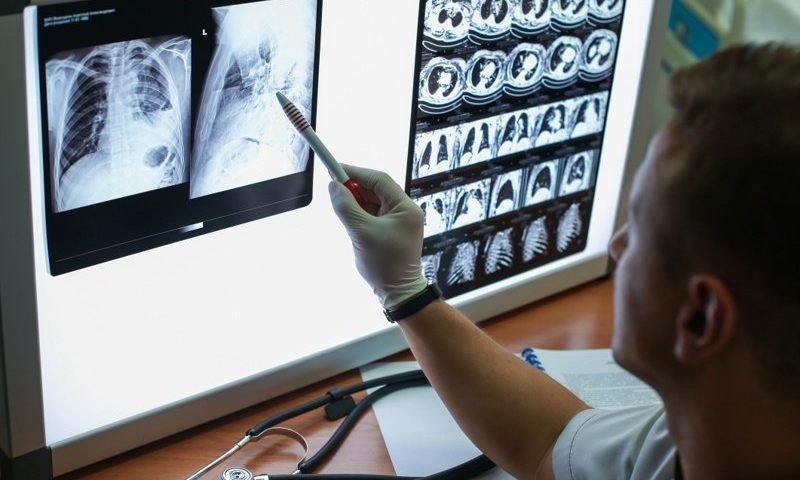Potentially fatal vascular conditions are notoriously difficult to diagnose early, with clinicians often overlooking the subtle indicators specific to each condition. As with so many other pain points in healthcare, however, artificial intelligence just might be the ticket to ending that disheartening trend.
At least, that’s what Avicenna.AI is banking on. The French startup has developed CINA Chest, a deep learning platform for detecting and triaging pulmonary embolism and aortic dissection.
Pulmonary embolism, in which a blood vessel suddenly and completely blocks at least one artery in the lungs, is a leading cause of hospitalization and death but remains difficult to diagnose, because it often presents with symptoms similar to those of a range of other diseases.
Aortic dissection, too, is both difficult to diagnose and has a high mortality rate if left undetected. Aortic dissection occurs when the inner layer of the aorta is torn, letting blood flow between and separate the inner and middle layers of the body’s main artery.
CINA Chest uses deep learning algorithms to read scans and identify both conditions, detecting pulmonary embolism in CT chest angiography and severe cases of aortic dissection in thoraco-abdominal CT angiography. Once spotted, the system issues an immediate alert, allowing for much earlier treatment of the diseases and therefore significantly improving patients’ survival and recovery rates.
With a CE mark and FDA 510(k) clearance for the software now in hand, Avicenna will be able to bring CINA Chest to radiologists across Europe and the U.S. The green lights for CINA Chest follow a handful of others for Avicenna, including the company’s CINA Head solution, which received the FDA’s blessing last July.
Like CINA Chest, CINA Head relies on deep learning AI algorithms to detect life-threatening conditions in CT scan imaging data. CINA Head focuses on triaging neurovascular emergencies, with its software cleared to spot signs of intracranial hemorrhage and large vessel occlusion, both major causes of stroke, within 20 seconds.
And just a week before CINA Chest was cleared in both the U.S. and EU, Avicenna was granted yet another CE mark for an AI tool that assesses stroke severity.
CINA Aspects analyzes non-contrast CT scans of the brain and assigns a score of one to 10 to each area affected by stroke, essentially creating a heat map of ischemic damage throughout the brain. The software is designed not only to help radiologists grade the severity of a stroke but also to make those grades more consistent across the board.
These clearances are the latest in a long string of FDA nods and CE marks for software platforms and devices using AI to identify hard-to-spot diseases.
In just the last week, for example, Lucida Medical scored a CE mark for its AI-powered software, which detects signs of prostate cancer in MRI scans, while Ibex Medical Analytics landed its own European approval for a platform that uses machine learning and deep learning to spot and characterize breast cancer in biopsies.

